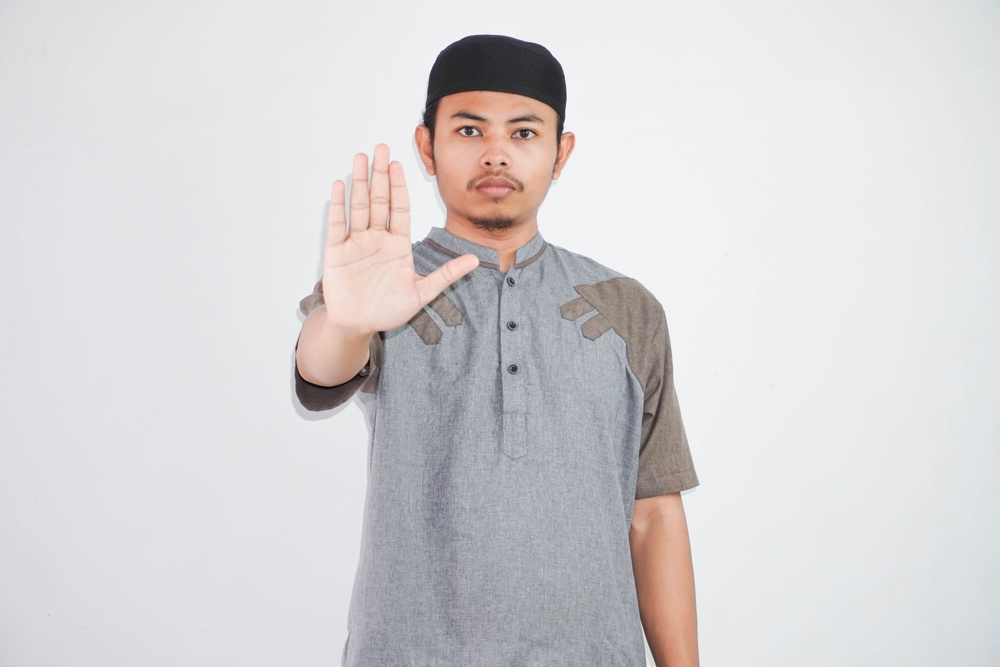Self-Defense Is Lawful, but Should We Defend Others?
Shafi'i Fiqh
Answered by Shaykh Irshaad Sedick
Question
I know that it is allowed for one to utilize self-defense to defend oneself from a person who intends to harm or harms one.
However, if we see another person being verbally or physically abused (such as harassment, molestation, assault, etc.), is it allowed for us to come to their defense as well? As in, are we allowed to hit or fend off the aggressor even if we are not the ones being harmed?
Answer
In the Name of Allah, the Most Merciful and Compassionate. May Allah alleviate our difficulties and guide us to that which is pleasing to Him. Amin.
Yes, you may and should defend others against oppression by using the least force required, but if excessive force is needed, it is permissible, and Allah knows best.
Warding-Off Oppression
Our religion teaches us to defend others and stand up for the weak. Allah says: “And what is it with you? You do not fight in the cause of Allah and for oppressed men, women, and children who cry out, ‘Our Lord! Deliver us from this land of oppressors! Appoint a savior for us; appoint a helper—all by Your grace.’” [Quran, 4:75]
Therefore stand up for any Muslim or non-Muslim being harmed, whether an elder, a teacher, or anyone else, and be confident that you are following the Sunna of the Prophet (Allah bless him and give him peace).
Al-Bara Ibn ‘Azib narrated, “The Messenger of Allah (Allah bless him and give him peace) ordered us with seven things, and he forbade us from seven. He ordered us to follow the funeral, visit the ill, reply to the sneezing person, accept the invitation, assist the oppressed, help the one who made an oath, and return the Salam (Islamic greeting of peace).
And he forbade us from seven things: From the gold ring, or ringlets of gold, silver vessels, wearing silk, al-Dibaj, al-Istabraq, and al-Qassi.” [Tirmidhi]
Don’t Transgress the Limits
The jurists say one may only deflect harm from another by the lightest means. So, if it is possible to defend yourself or another by speaking or calling for help, it is not permissible to hit.
You may not hit with a whip if you can hit with your hand. If it is possible to hit with a whip, you may not use a stick, etc. So, defending yourself and others from someone who wants to cause harm is permissible. You may hit him if there are no other sufficient means to protect against harm from him. [Al-Mawsu‘a al-Fiqhiyya]
It is important to remember that one may not hit another in the face. The Messenger of Allah (Allah bless him and give him peace) said, “If one of you were to hit his brother, he should avoid hitting his face.” [Bukhari; Muslim]
For more information, visit this link: Sacred Law’s limitations on Self-Defence.
I pray that this benefits.
[Shaykh] Irshaad Sedick
Checked and Approved by Shaykh Faraz Rabbani
Shaykh Irshaad Sedick was raised in South Africa in a traditional Muslim family. He graduated from Dar al-Ulum al-Arabiyyah al-Islamiyyah in Strand, Western Cape, under the guidance of the late world-renowned scholar Shaykh Taha Karaan.
Shaykh Irshaad received Ijaza from many luminaries of the Islamic world, including Shaykh Taha Karaan, Mawlana Yusuf Karaan, and Mawlana Abdul Hafeez Makki, among others.
He is the author of the text “The Musnad of Ahmad ibn Hanbal: A Hujjah or not?” He has served as the Director of the Discover Islam Centre and Al Jeem Foundation. For the last five years till present, he has served as the Khatib of Masjid Ar-Rashideen, Mowbray, Cape Town.
Shaykh Irshaad has thirteen years of teaching experience at some of the leading Islamic institutes in Cape Town). He is currently building an Islamic online learning and media platform called ‘Isnad Academy’ and has completed his Master’s degree in the study of Islam at the University of Johannesburg. He has a keen interest in healthy living and fitness.
